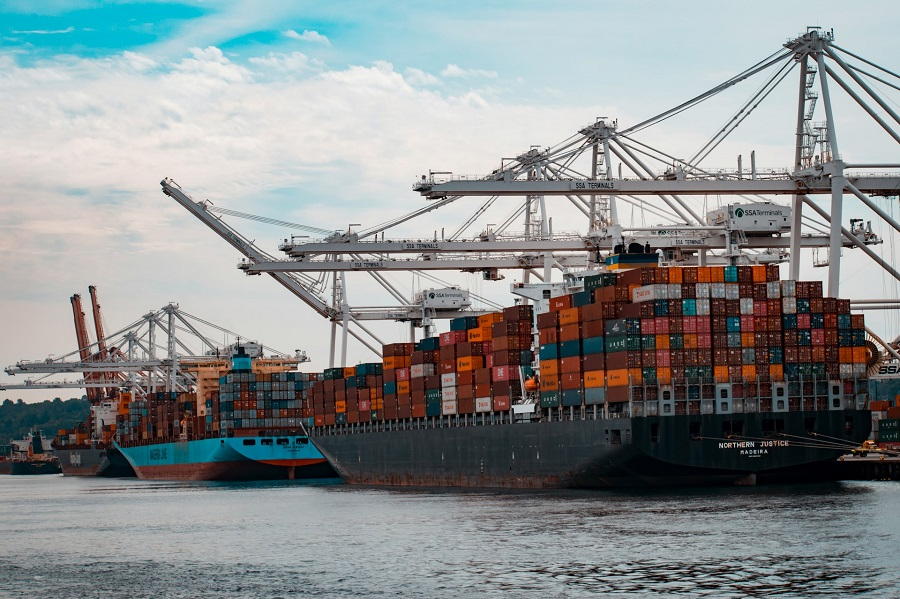Tel: +86-532-84673097
Mobile & Whatsapp & Wechat:+86-13589340409
Mobile & Whatsapp & Wechat:+86-13589340409
In the dynamic world of maritime trade, the efficiency of cargo handling plays a pivotal role in ensuring smooth operations within ports. One key player in this realm is the conveyor belt, a technological marvel that has revolutionized the way goods are transported within port facilities. These conveyor belt systems have become the backbone of modern ports, streamlining the movement of cargo and contributing significantly to increased productivity.
Conveyor belts are designed to handle a diverse range of materials, from bulk commodities to packaged goods, offering a versatile solution for port logistics. The ability to transport large volumes of cargo over long distances with minimal manual intervention has transformed the traditional methods of loading and unloading vessels. This not only expedites the process but also reduces labor costs, making it a cost-effective solution for port operators.

The adoption of conveyor belt technology in ports brings forth a multitude of benefits that enhance overall operational efficiency. Some key features include:
High Throughput: Conveyor belts are capable of handling a continuous flow of cargo, ensuring a constant and efficient transfer from ship to storage or vice versa. This high throughput capability minimizes waiting times for vessels, leading to faster turnaround times.
Automation and Precision: Modern conveyor belt systems are equipped with advanced automation features, allowing for precise control over the movement of cargo. This not only reduces the risk of damage to goods but also enables ports to optimize storage space efficiently.
Versatility: Conveyor belts can adapt to various cargo types and sizes, accommodating the diverse needs of port facilities. Whether handling bulk commodities like coal and grain or delicate packaged goods, these systems can be customized to meet specific requirements.
Environmental Sustainability: Many conveyor belt systems are designed with energy-efficient features, contributing to the overall sustainability of port operations. By minimizing energy consumption and reducing reliance on traditional handling methods, conveyor belts align with the growing global focus on eco-friendly practices.
In conclusion, the integration of conveyor belt systems in ports represents a paradigm shift in cargo handling. The efficiency, versatility, and sustainability offered by these systems make them indispensable tools for modern port logistics. As ports continue to evolve and strive for greater efficiency, conveyor belts stand as a testament to innovation in the maritime industry.
